Turkey's Resurgence
Select...
SITUATION REPORTS
Turkey, Syria: Syrian Rebels Warn That Forces Are Deploying to Block Turkish Offensive
Jun 7, 2022 | 16:09 GMT
Israel, Turkey: Prime Ministers Discuss Economic Cooperation
May 25, 2022 | 14:42 GMT
Turkey, Syria: Erdogan Threatens Fresh Offensive Along Border
May 24, 2022 | 14:37 GMT
Sweden, Finland: Countries Submit NATO Applications, Accession Vote Postponed
May 18, 2022 | 16:30 GMT
Turkey, Saudi Arabia: Turkish President Visits Saudi Crown Prince in Jeddah
Apr 29, 2022 | 18:56 GMT
Turkey, Russia: Ankara Closes Airspace to Moscow's Military Flights
Apr 25, 2022 | 19:00 GMT
Turkey, Iraq: Turkish Military Launches New Offensive in Northern Iraq
Apr 18, 2022 | 18:51 GMT
Turkey: Opposition HDP Officials Caught up in Crackdown
Apr 12, 2022 | 14:30 GMT
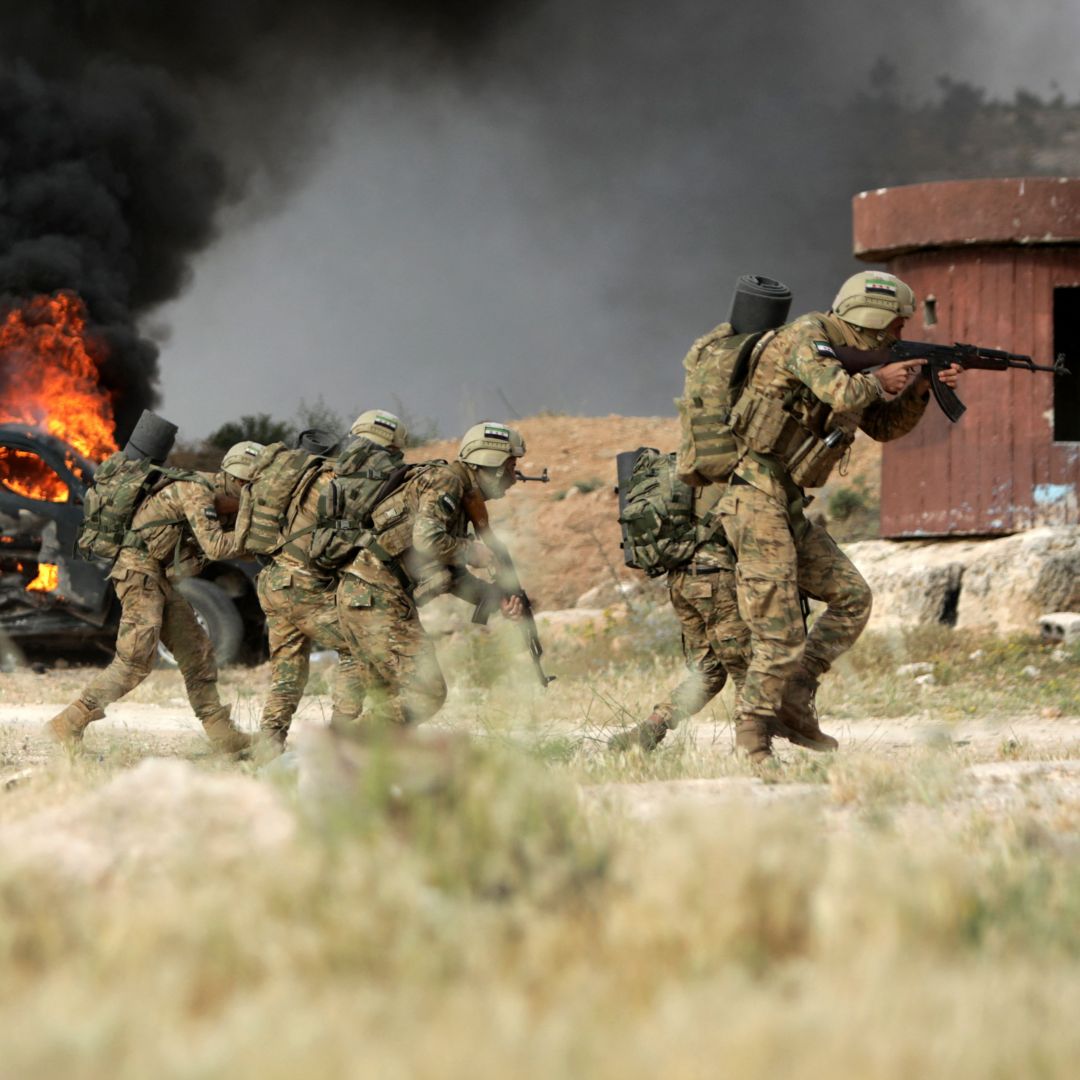
GraphicsJun 3, 2022
Turkey May Expand Buffer Zone in Syria
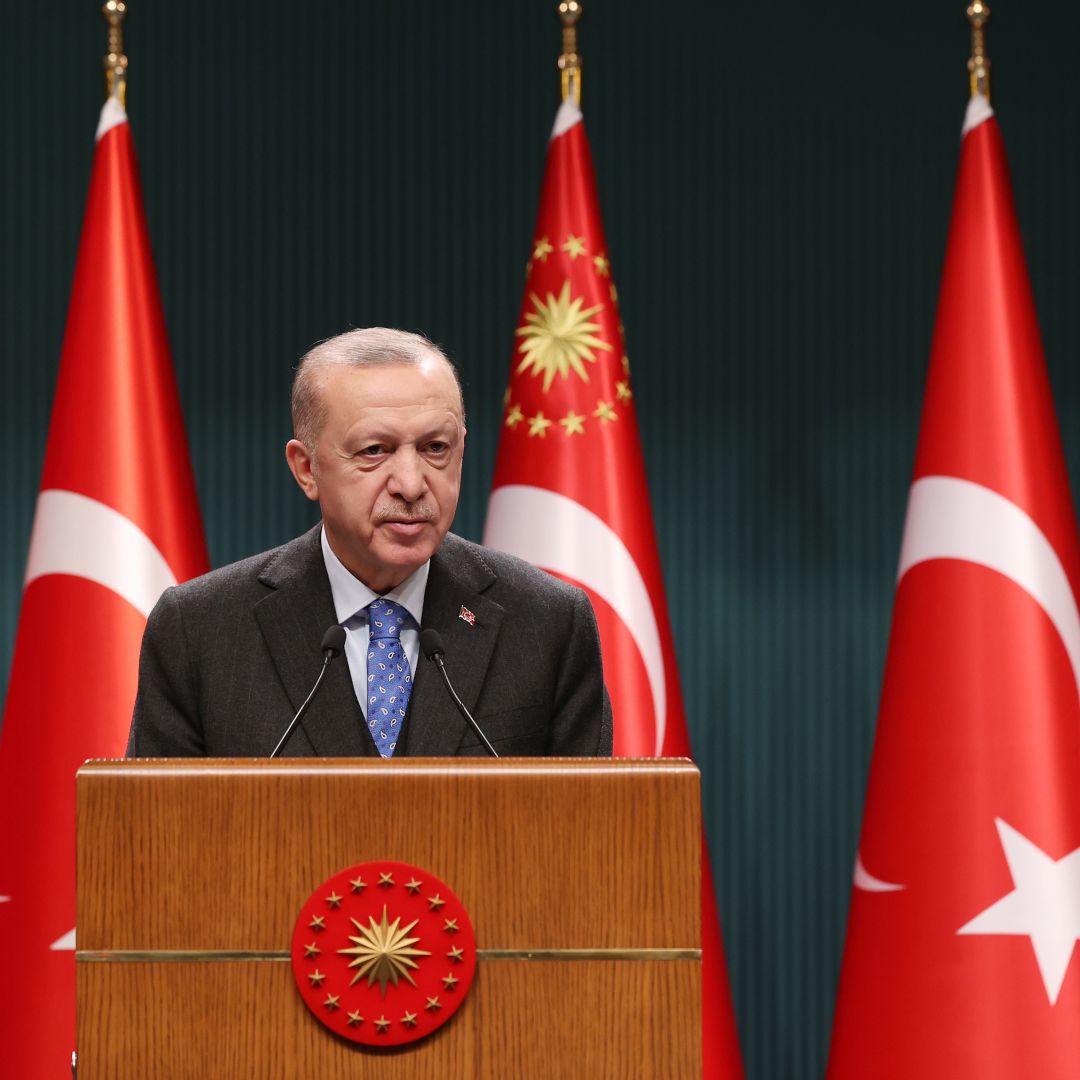
AssessmentsFeb 28, 2022
Pressure To Punish Russia Puts Turkey in a Tough Spot
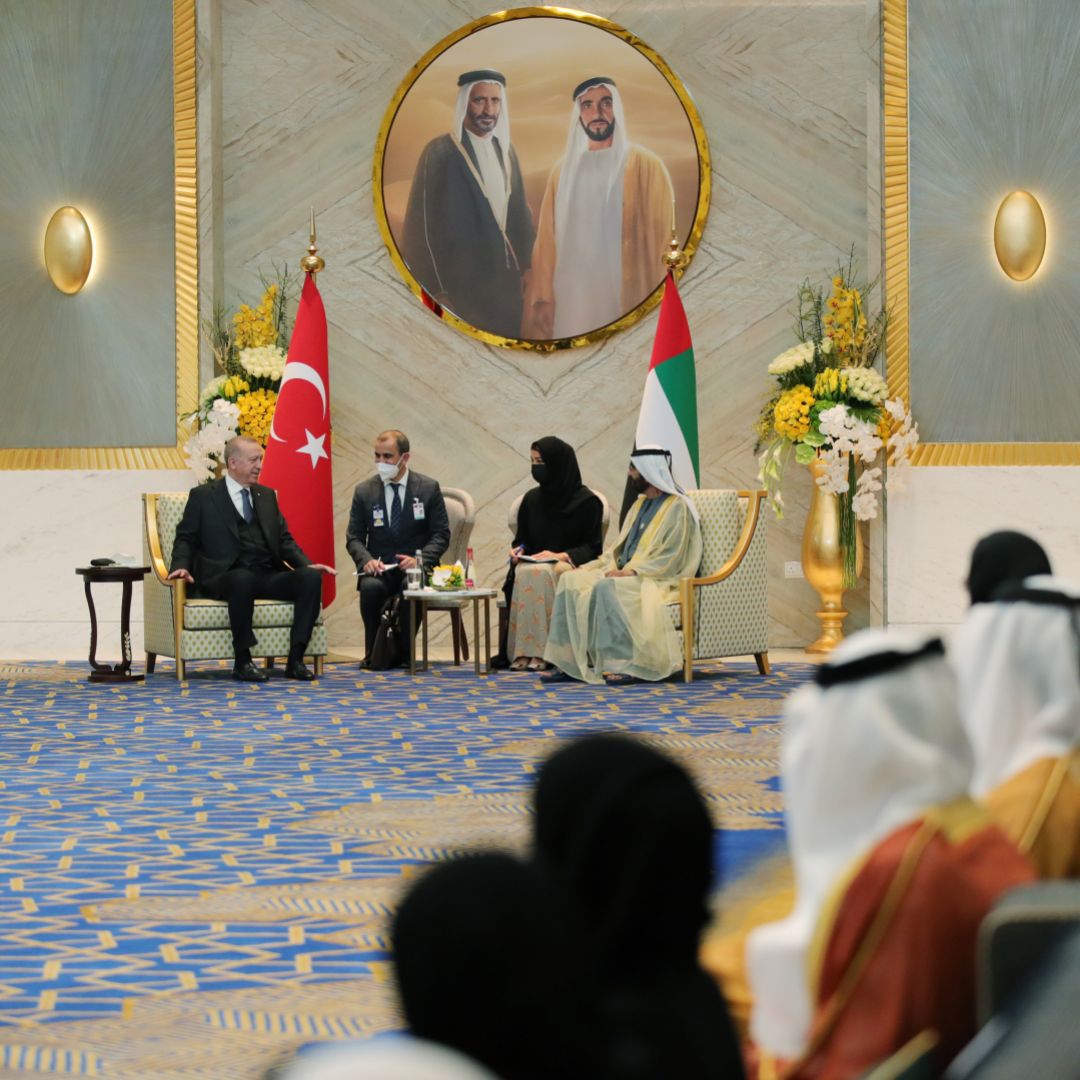
SnapshotsFeb 18, 2022
In Search of Economic Relief, Turkey Reaches Out to Regional Rivals
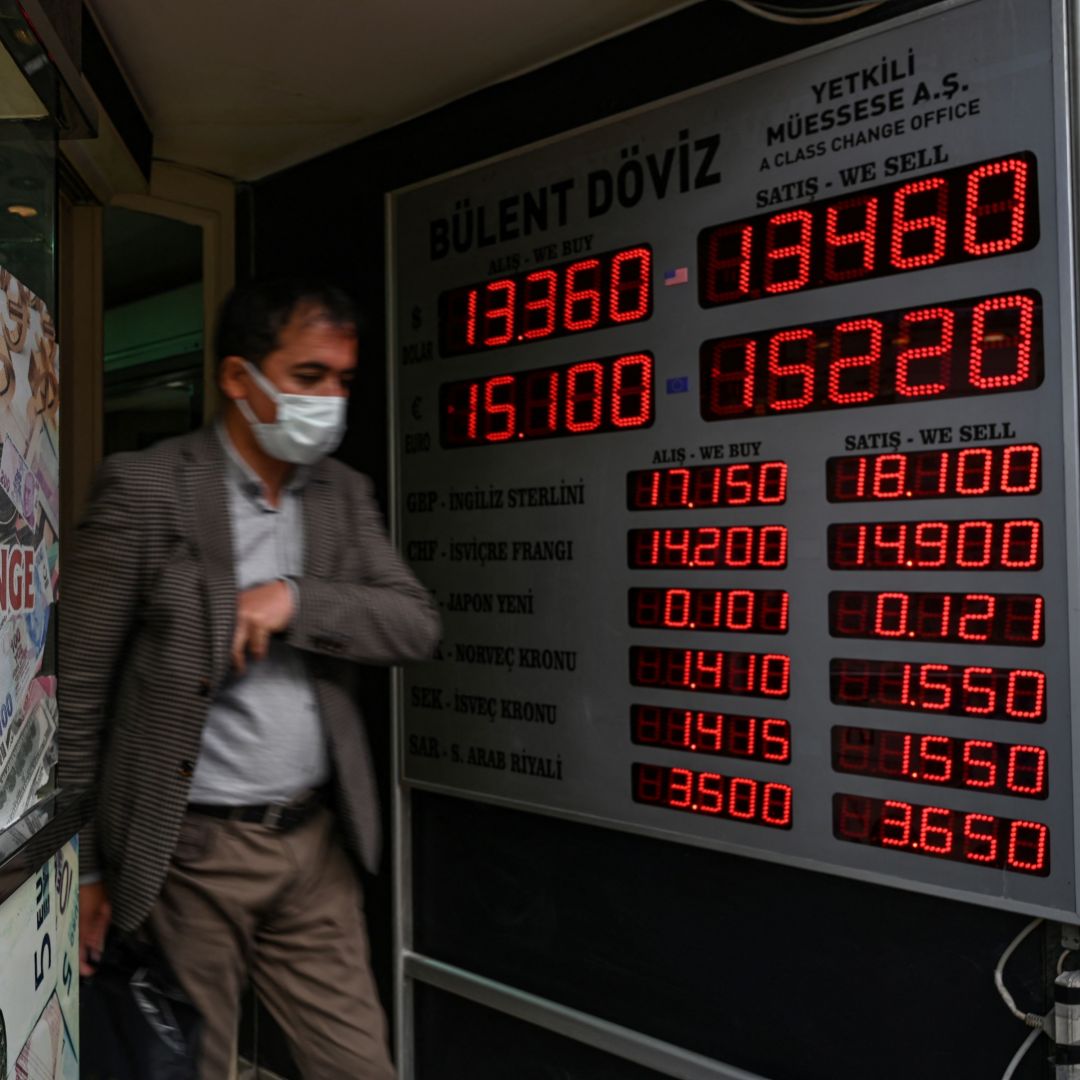
AssessmentsFeb 9, 2022
Turkey’s Risky Inflation Strategy Is Backfiring
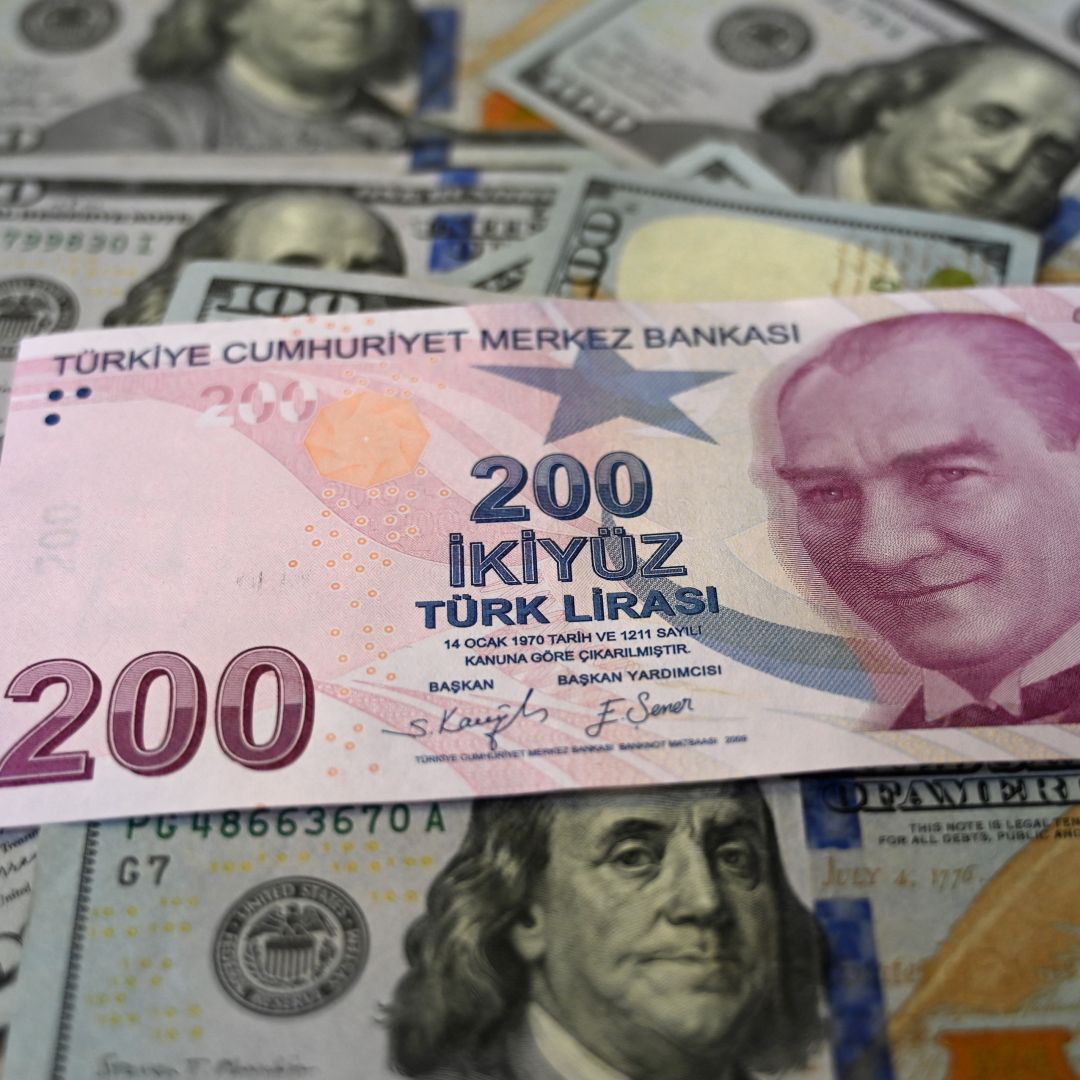
SnapshotsJan 4, 2022
Turkey Takes a First Step Toward Capital Controls
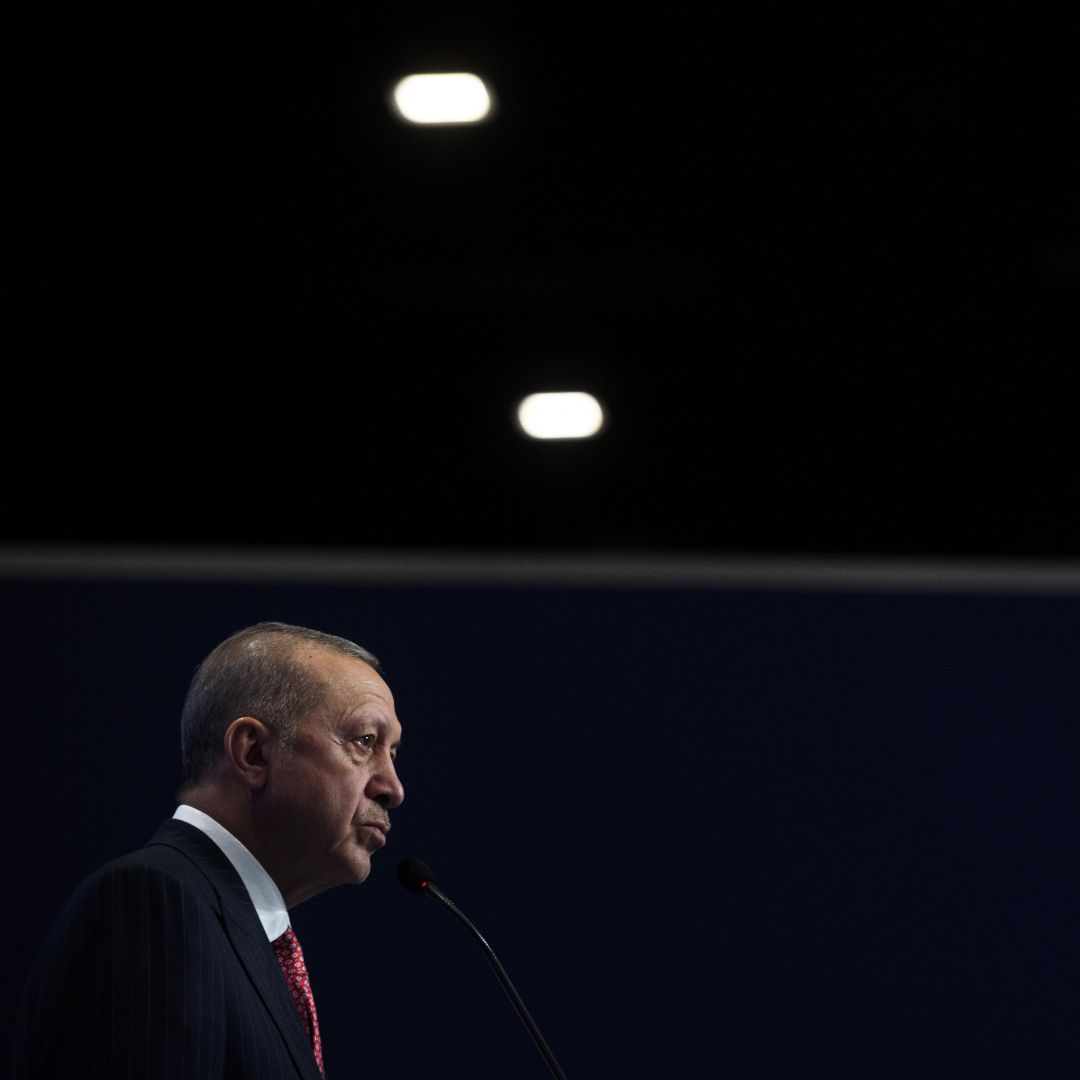
On GeopoliticsDec 14, 2021
By Staying Set in His Ways, Turkey’s Erdogan Risks Seeing Himself Out

AssessmentsNov 23, 2021
In Search of a Quick Win, Erdogan Gambles Turkey’s Economic Future
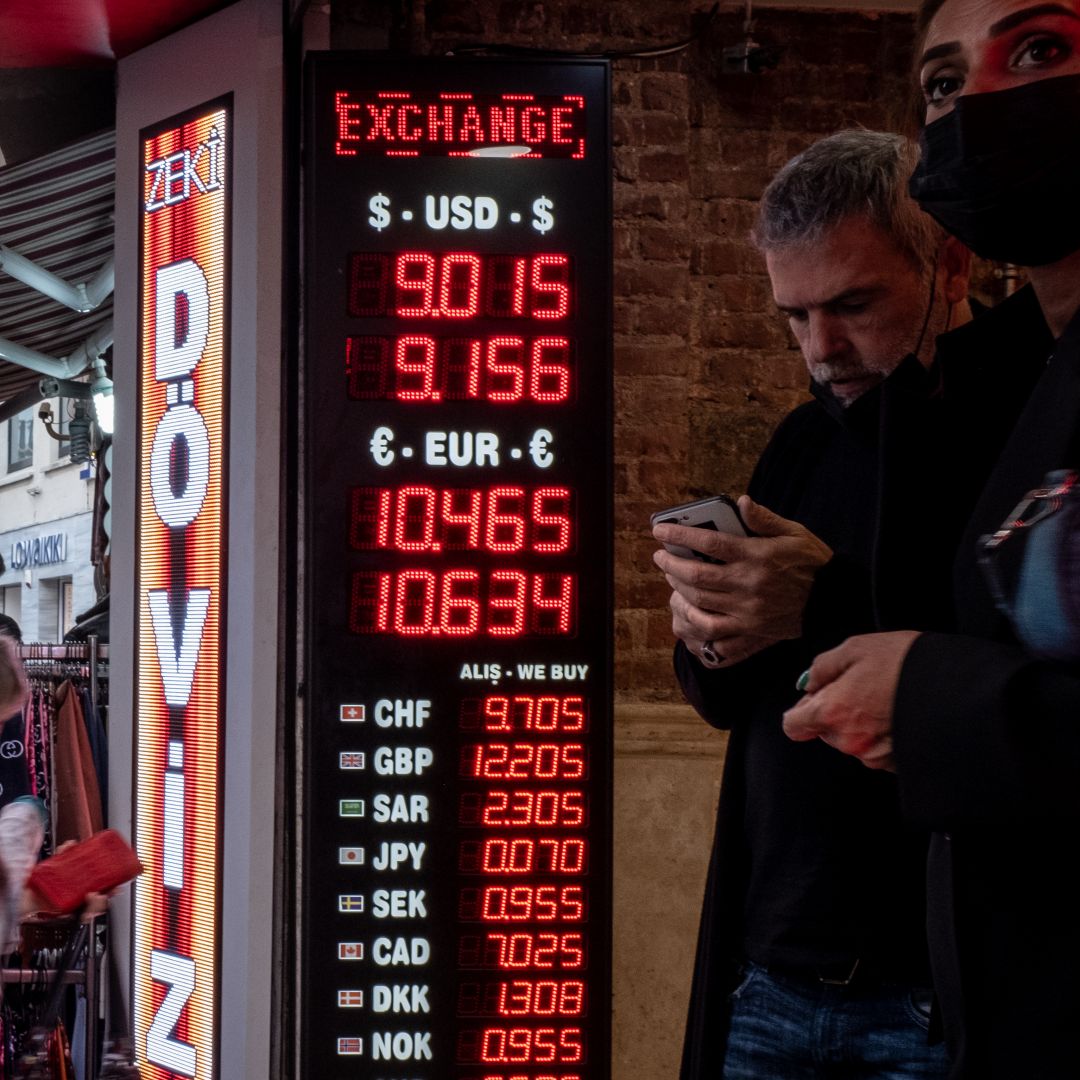
AssessmentsOct 19, 2021
With Another Likely Rate Cut, Turkey’s Central Bank Tempts Fate
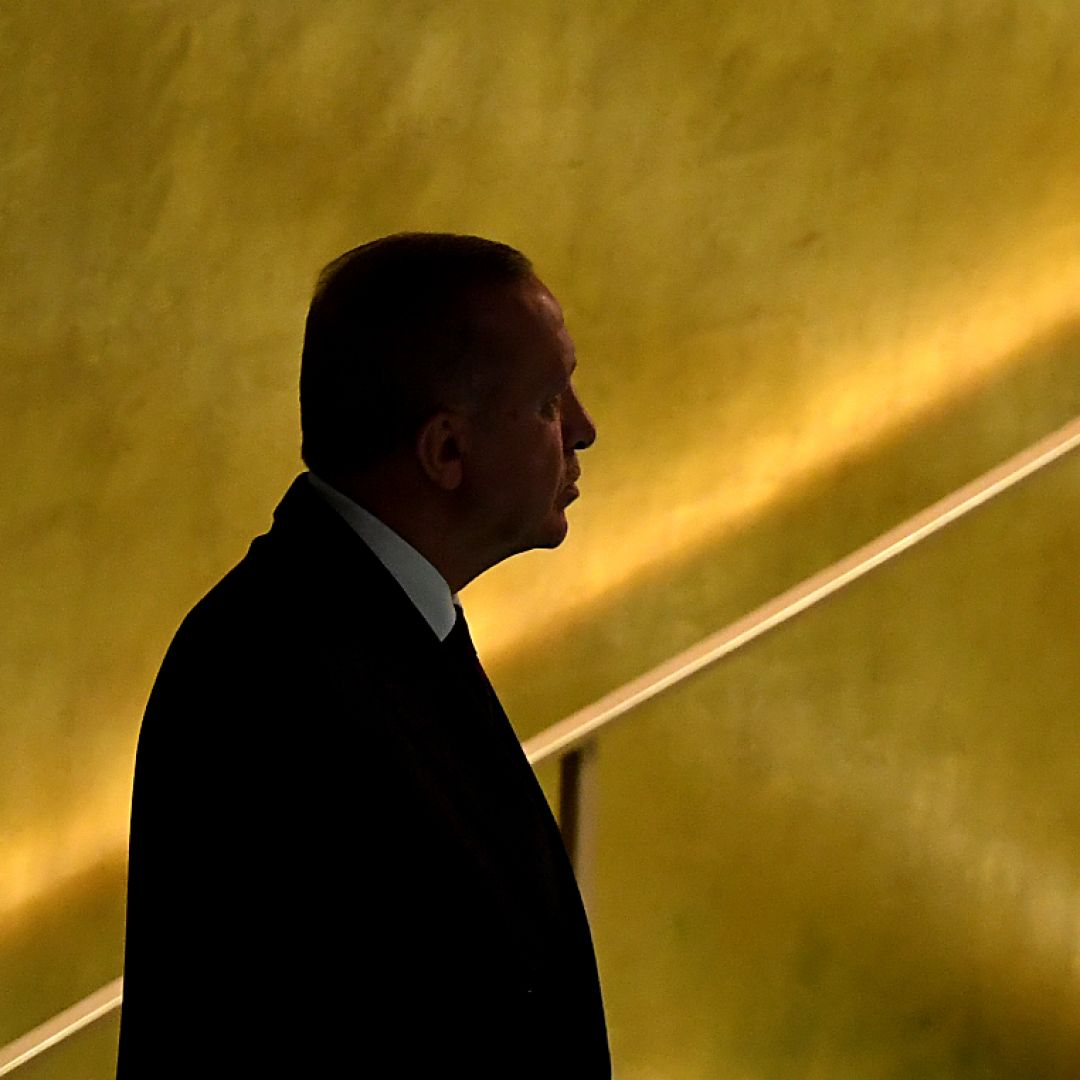
AssessmentsOct 14, 2021
In Turkey, a Desperate AKP Risks Doubling Down on Polarizing Policies

SnapshotsOct 12, 2021
In Syria, a Kurdish Attack Risks Triggering a New Turkish Offensive

SnapshotsAug 19, 2021
In Turkey, Afghan Migrants Will Create a Political Catch-22
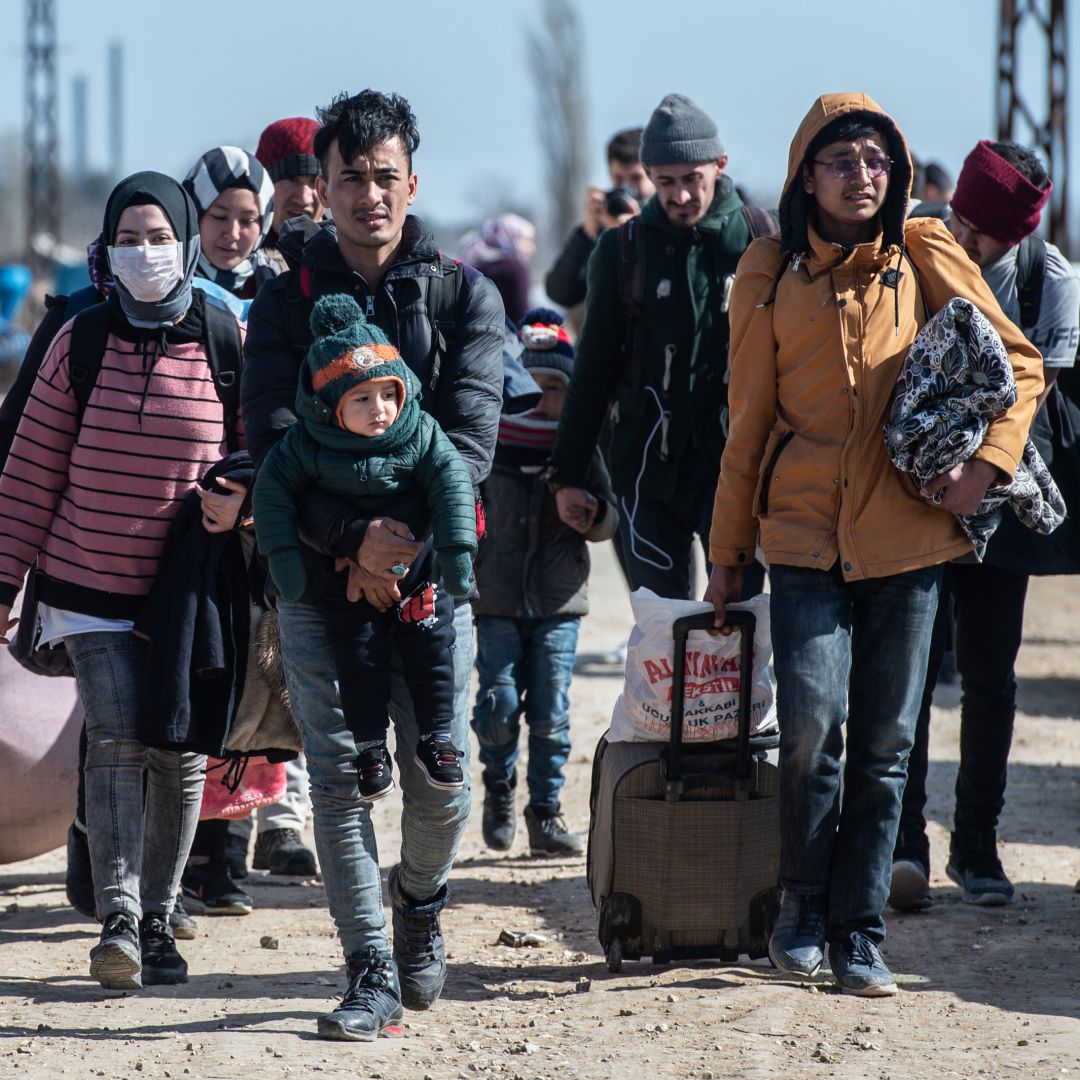
SnapshotsJul 27, 2021
In Turkey, More Afghan Refugees Risk Fueling Xenophobia

